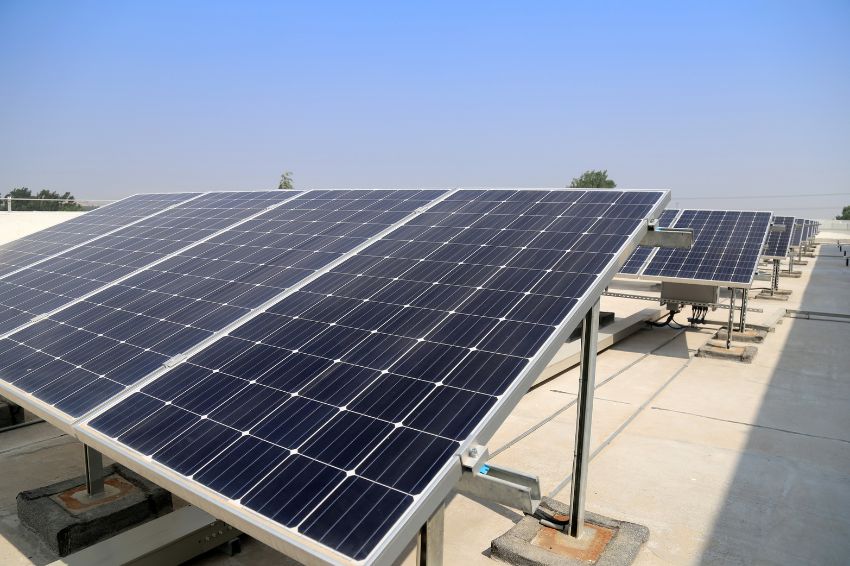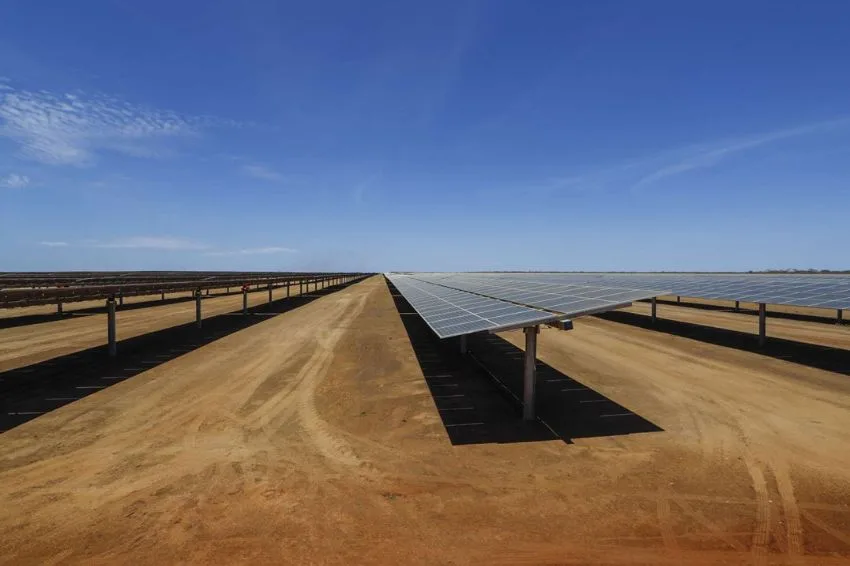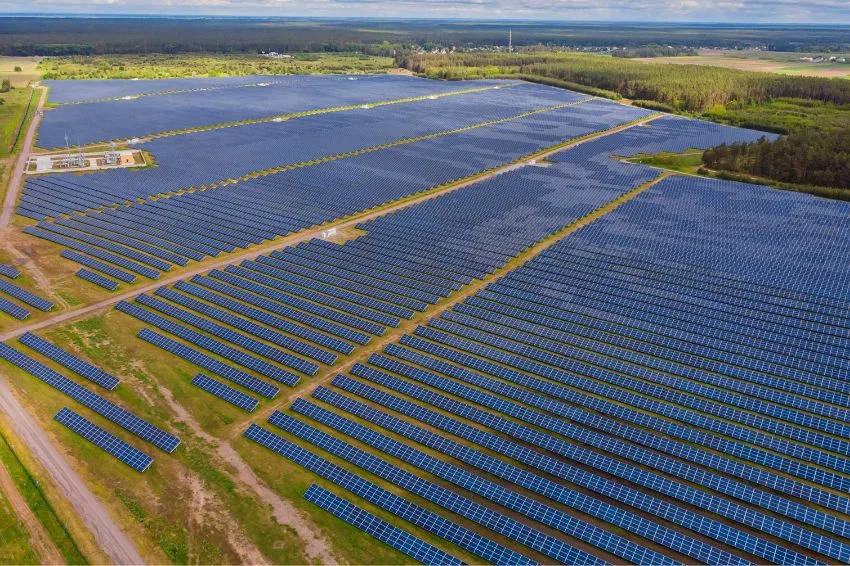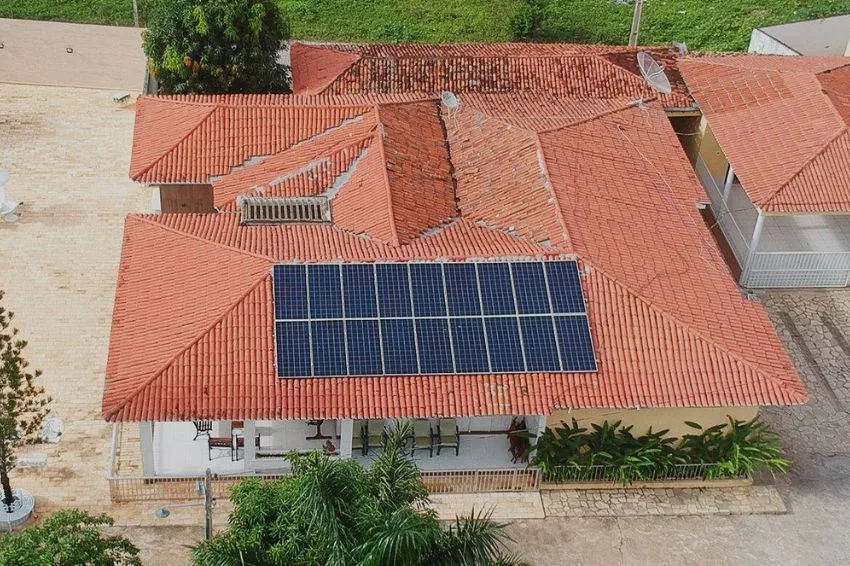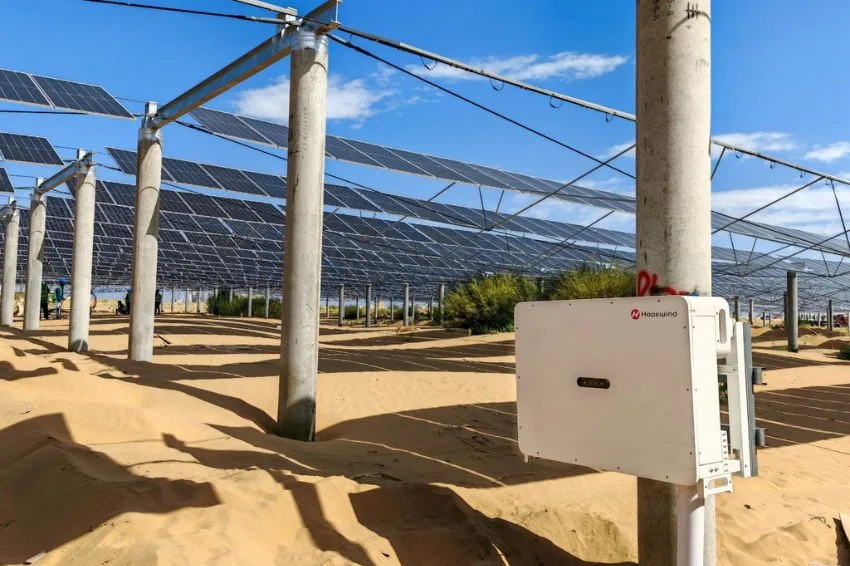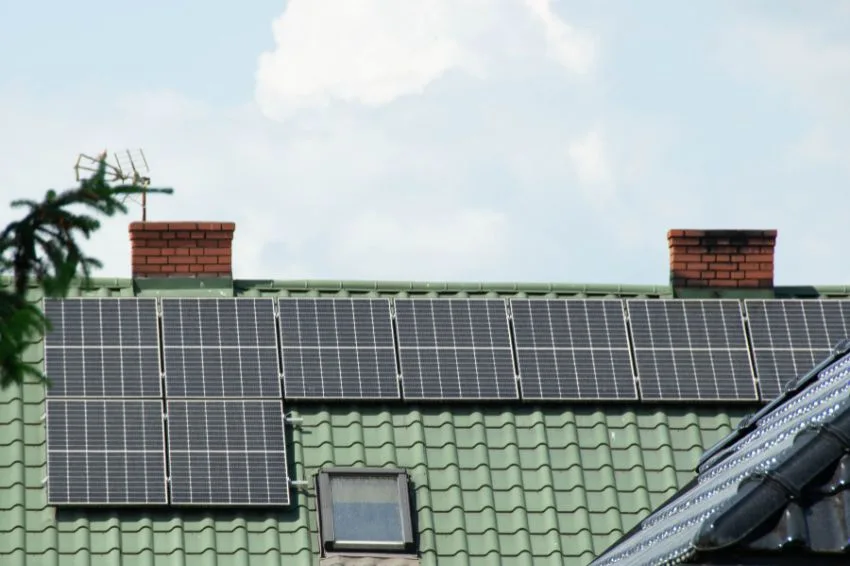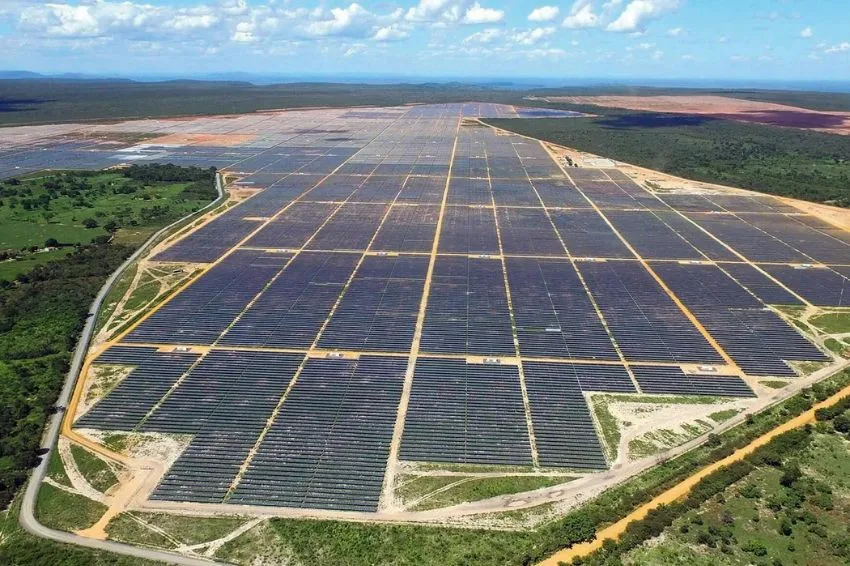The owners of small business in Brazil they are more aware of the need to adopt actions linked to sustainability. A survey carried out by Sebrae, in partnership with IBGE, shows that the solar energy is used by 14% of small businesses.
In all, 74% of micro and small companies implemented energy consumption control. This, which is the most applied sustainability practice in the universe of MSEs, was adopted even by individual micro-entrepreneurs, with 71% joining this group.
The data revealed shows that there is a concern among MSEs also with other aspects, such as control over water consumption (which is observed by 65% of companies), management of paper consumption (practiced by 62%) and separation for selective collection garbage collection (implemented in 55% for micro and small companies).
For Carlos Melles, president of Sebrae, these numbers confirm that this issue is no longer a simple trend, but rather a concern that has definitively entered the day-to-day management of small businesses.
“Whether due to pressure from consumers, who are increasingly paying attention to companies' environmental and social practices, or due to the need to reduce operating costs, sustainability is now one of the main missions of those who undertake”, he highlighted.
Despite these advances, the survey reports that small companies need to mature other relevant sustainable practices. The use of rainwater, for example, is still done by a minority of MSEs (9%).
Pasta factory bets on solar
When she moved with her family to Cuiabá, in Mato Grosso, business administrator Silvia Biasoli didn't want to stay still. Encouraged by her son, she decided to invest in the mass market. In 2016, La Matriciana was born, an artisanal pasta factory.
Initially, the businesswoman adapted her own house to manufacture the products. A year later, the company grew with the expansion of space to build a cold room and rest room for employees, and the acquisition of new equipment and machines.
Over time, several innovations have been adopted with an eye on the environment. With guidance from consultants from the Sebrae Sustainability Center, Silvia replaced the freezers with a cold room and implemented photovoltaic energy.
“Although the cold room is expensive, in the medium and long term it ends up saving money. These were undoubtedly useful actions for the company, as we already had an economic improvement in relation to the cold room and then, with the installation of solar panels, the electricity bill went to zero in the first month”, he highlighted.
“The amount to be paid was just taxes, very low. Today, with the increase in fares, we end up having to spend a quarter of what we would have paid before”, he concluded.


